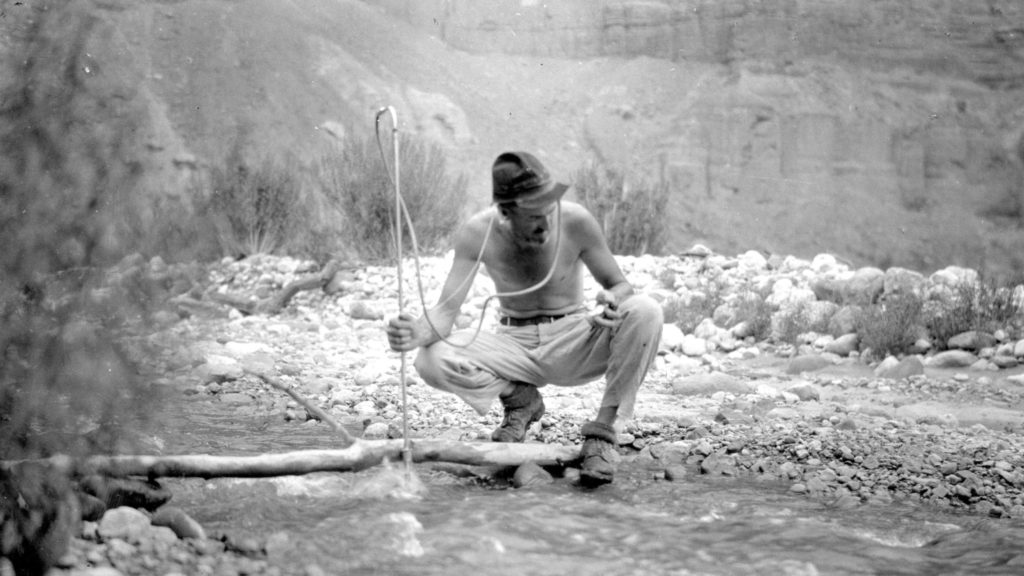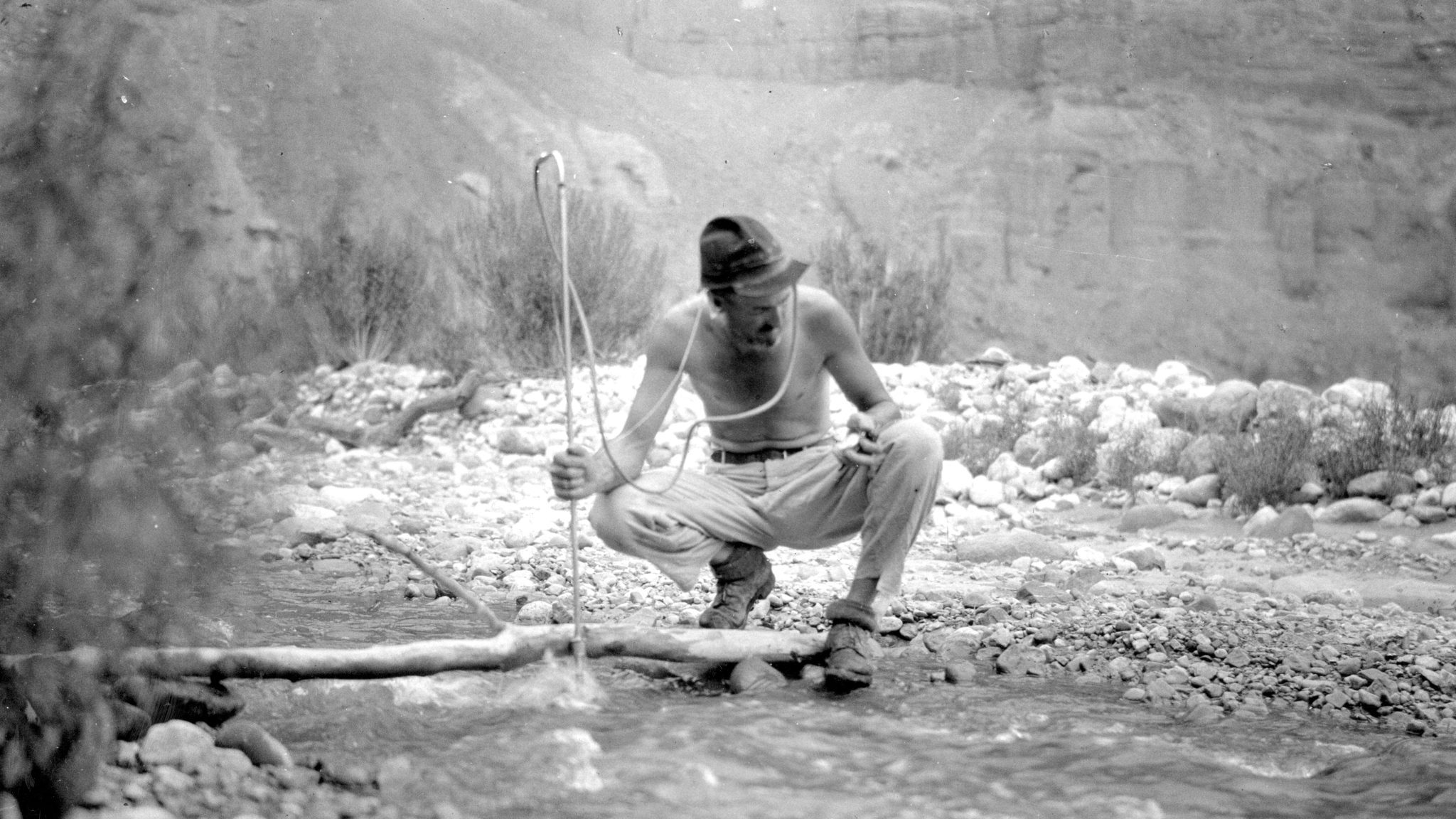
By Naveena Sadasivam | grist
Earlier this year, the seven states that depend on the Colorado River made history. For the first time, Arizona, California, Utah, Nevada, Wyoming, Colorado, and New Mexico agreed to find ways to reduce the amount of water they draw from the river as levels drop further at Lake Mead, the largest reservoir in the country.
The Colorado River provides water for 40 million people. But its flows are shrinking as the planet heats up, reducing the snowpack that feeds the river and causing more water to evaporate as the river snakes its way from the Rocky Mountains to the Gulf of California.
But even if climate change weren’t an issue, the Colorado would probably still be in trouble. Back in 1922, when states originally divvied up water from the river, they grossly overestimated the amount of water flowing through it. This set in motion a series of decisions that led to the shortages today. States are dipping into Lake Mead’s reserves, overdrawing 1.2 million acre feet of water annually — enough to quench the thirst of a couple million households for a year.
As conventional wisdom has it, the states were relying on bad data when they divided up the water. But a new book challenges that narrative. Turn-of-the-century hydrologists actually had a pretty good idea of how much water the river could spare, water experts John Fleck and Eric Kuhn write in Science be Dammed: How Ignoring Inconvenient Science Drained the Colorado River. They make the case that politicians and water managers in the early 1900s ignored evidence about the limits of the river’s resources.
In 1916, six years before the Colorado River Compact was signed, Eugene Clyde LaRue, a young hydrologist with the U.S. Geological Survey, concluded that the Colorado River’s supplies were “not sufficient to irrigate all the irrigable lands lying within the basin.” Other hydrologists at the agency and researchers studying the issue came to the same conclusion. Alas, their warnings were not heeded.
I caught up with Fleck and Kuhn to learn why LaRue and others were ignored and what history can teach us about the decisions being made on the river today. This interview has been condensed and edited for clarity.












